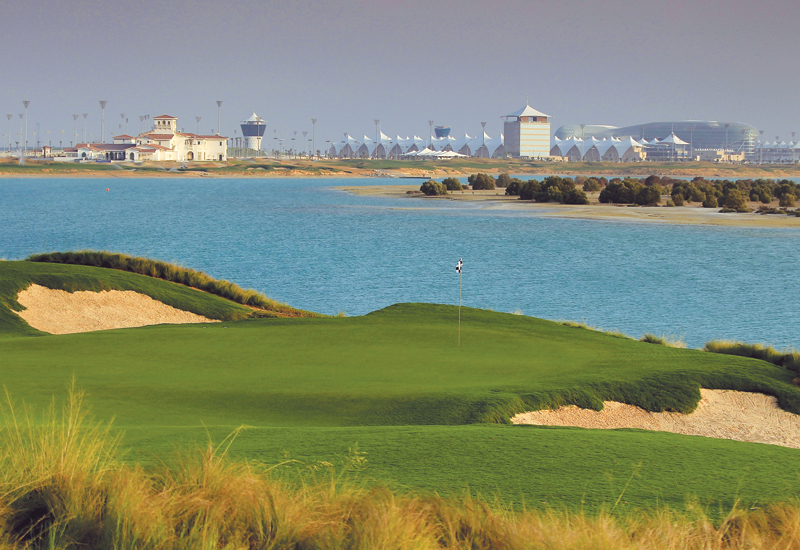Occupancy
Despite assurances that the sheer volume of new projects being built in Abu Dhabi will attract more tourists, the fear remains that although business may be booming in 10-15 years, hotels may struggle now with low occupancy rates and RevPAR.
This has been the case for Rotana’s hotels in the city, says its chief operating officer Omer Kaddouri.
“We already have been experiencing drops in occupancy, RevPAR and ADR — and we have been experiencing these drops for the past couple of years, due to the rapid increase of inventory,” he explains.

| Advertisement |
“However, this was expected and I think that it will get worse before it gets better because there is a lot more inventory coming into Abu Dhabi in the next few years, and so we are prepared for that.
“Abu Dhabi is a major destination in the building; it is in progress and all of these hotels are one day going to be full for the majority of the year but Abu Dhabi has to develop to get the that level — and it is in the process of doing so,” he adds.
The initial decrease in occupancy, RevPAR and ADR hasn’t dissuaded Rotana, or in fact any other hotel company, from continuing to open hotels in the city — Rotana has a property which is slated to open during the last quarter of 2011, and a number of other big players are planning to open in the emirate.
One hotel which is soon to open is the highly anticipated Jumeirah at Etihad Towers — the hotel company’s first project in Abu Dhabi.
Jumeirah at Etihad Towers general manager Doris Greif says the destination was an important one for the company.
“Abu Dhabi is the capital of the UAE and it was important for Jumeirah to have a presence there. In terms of the number of new hotels coming onto the market, I think that the more luxury operators there are, the better for the destination — we have international names coming to Abu Dhabi and this will benefit the city,” she explains.
Despite her enthusiasm for opening in Abu Dhabi, Greif says that pricing in the emirate does differ from that of neighbouring Dubai.
“We need to differentiate between pricing something like Dubai beachfront hotels and city hotels [in Abu Dhabi],” she says.
“Abu Dhabi is a completely different ball game altogether. Pricing is definitely below Dubai, so we will be pricing ourselves within the Abu Dhabi competitive set, in line with the top luxury hotels.
Now that some bigger hotels have opened I think we will see a switch in pricing upwards, because the more luxury brands you have in Abu Dhabi, the better it is to get price levels up,” she adds.
Jones Lang LaSalle Jalil Mekouar, managing director, MEA explains “In markets like Abu Dhabi where there has been a lot of supply, the demand hasn’t grown as much as the supply. There is an attitude of build it and they will come — which is a lot like what happened with Dubai.
“Abu Dhabi’s story is interesting because it has huge potential and huge growth potential specifically, but again it’s a matter of time and growth is an equation between growth, supply and demand,” he says.
“There is a lot of supply coming in to the market and the infrastructure which is there and which is planned to be there hasn’t always matched the supply of hotels rooms, and this hasn’t always matched the demand.
“There has always been too much or not enough in the cycle over the next 10-15 years so they are in a phase where they are trying to find stability. It comes in peaks and troughs so I think this will last for 10 years or more and you will get to a certain level of stability where the big variations will not make much difference,” he adds.









 Search our database of more than 2,700 industry companies
Search our database of more than 2,700 industry companies









